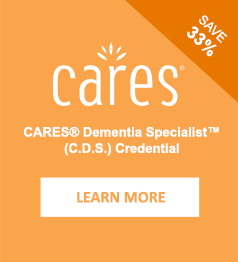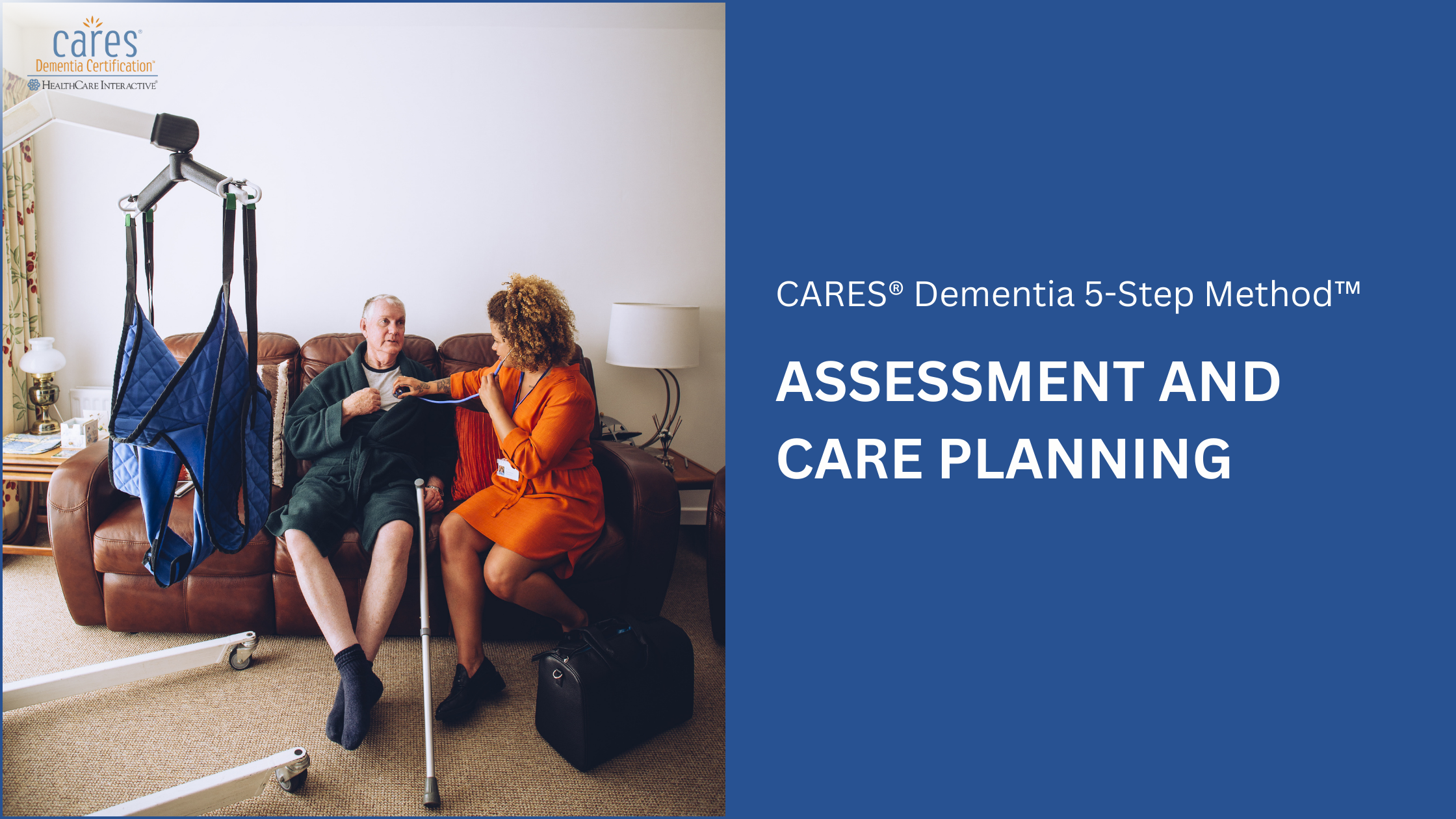Caring for a person with dementia requires ongoing assessment and care planning to ensure their evolving needs are met while fostering trust between caregivers and individuals.
Understanding Assessment and Care Planning
Assessment gathers information from multiple sources, including the person, family, and care providers, to create a written care plan that adapts as their condition changes. Key components include:
• Ongoing assessment
• Life history documentation
• Advance planning
• Effective communication
Ongoing Assessment
Assessment is a continuous process, gathering real-time and long-term insights from:
• The person with dementia
• Care partners, caregivers, and direct care providers
• Clinical records and observations
Assessments should occur:
• Upon entry into care
• Every six months
• After hospitalization or major changes in health
• When relocating within a facility
• If a new medical condition arises
Learning Life History
Understanding a person’s past enhances care quality. Gather details such as:
• Career, accomplishments, and important life roles
• Significant events, joys, and losses
• Favorite foods, routines, and hobbies
• Spiritual, cultural, and coping practices
• Meaningful relationships, places, and objects
Document and update this information regularly to personalize care.
Advance Planning for Quality Care
A care plan should emphasize dignity, respect, and choice at every stage. Early discussions help ensure the person’s values, preferences, and care goals are honored. Topics to cover include:
• Cultural and spiritual beliefs
• Quality of life expectations
• Medical and end-of-life decisions
Effective Communication in Care Planning
Dementia care is a team effort involving:
• The person with dementia and their family
• Nurses, doctors, caregivers, and therapists
• Administrators and support staff
• Activity, housekeeping, food service, and security teams
Regularly updating and sharing the care plan ensures all team members stay informed and aligned.
Person-Centered Care for Better Outcomes
Ongoing assessment and planning support individualized, compassionate care that respects personal history and dignity. A structured approach like CARES® strengthens connections and enhances quality of life for those living with dementia.
Explore our training programs to learn more about best practices in dementia care!
Also, Upgrade your dementia care skills with this exclusive offer! Get $25 off any CARES® online training. Use code 2MYVB5 at checkout—valid until June 30, 2025. Don’t miss this opportunity to invest in quality training!

